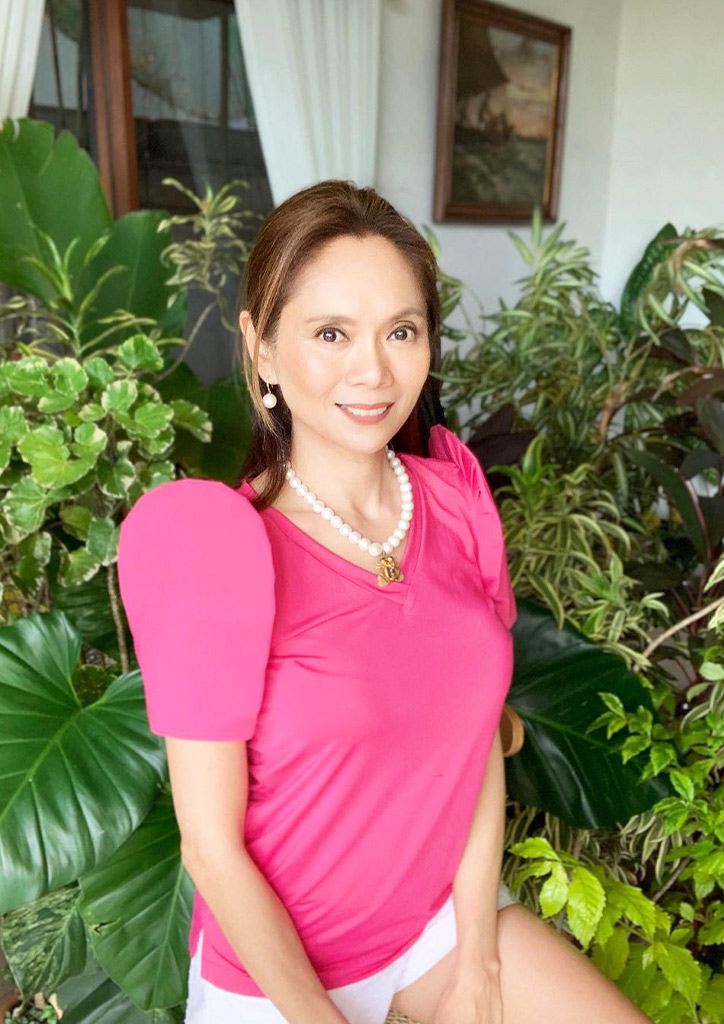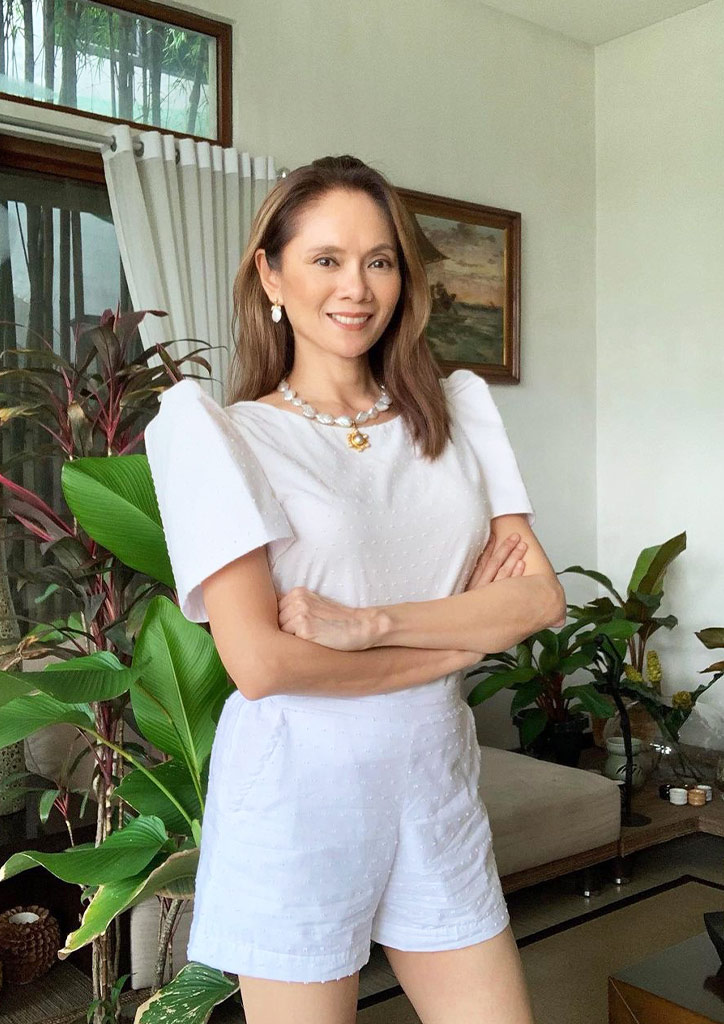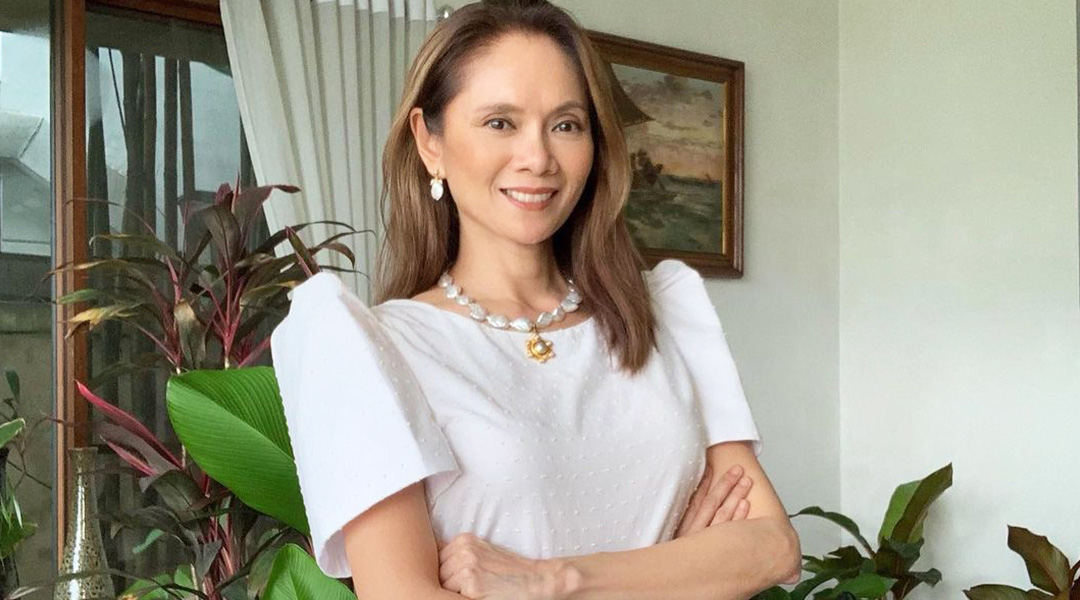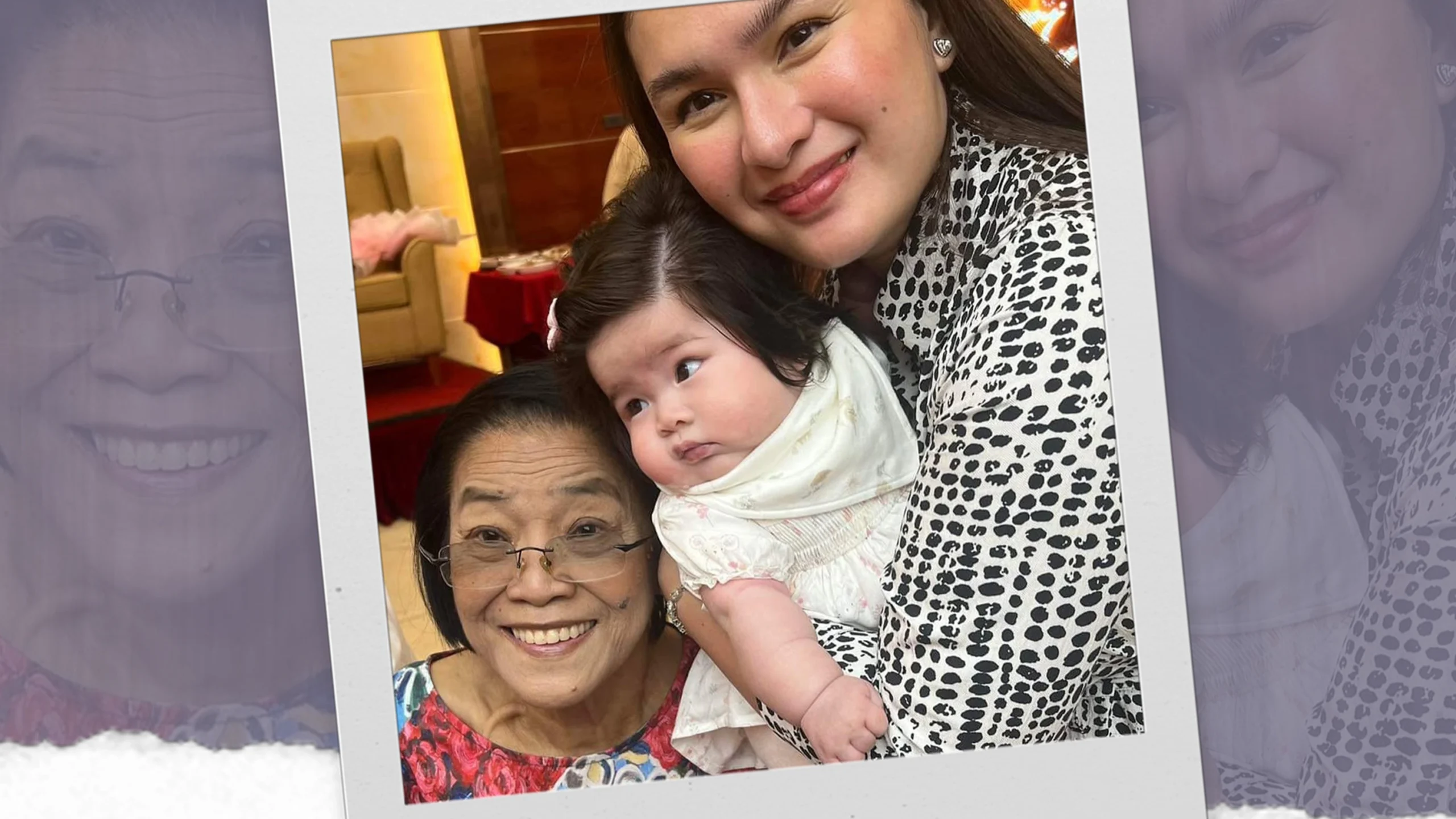Nathalie Africa-Verceles: Feminism in PH Parenting
Dr. Nathalie Africa-Verceles shares what Feminism is and how being a feminist helps raise more empathetic and kinder children.
“How could Feminism be bad when it focuses on making others aware of the various forms of oppression?” — a question that has bothered the UP Director of the Center for Women’s and Gender Studies, Dr. Nathalie Africa-Verceles, for the longest time. From her fieldwork to her multiple lectures, Dr. Nathalie spreads the awareness that Feminism doesn’t just help women but men as well. She shares, “Feminism is about recognizing the different forms of discrimination, marginalization, and subordination in various societal spheres and doing something about it. It isn’t only for women but also men and non-binary individuals too! This all can happen if we start practicing it at home.”

A Feminist’s Goal: What we fighting for?
The biggest misconception about Feminism is that there’s only one kind. Despite the multiple differences, Dr. Nathalie Africa-Verceles points out that there’s a key element that makes all the Feminisms related. She avers, “At its most basic, all Feminisms acknowledge that women are subordinate to men and that there is a need to address this. However, there are different analyses of why women’s oppression exists as well as strategies to end it.”
But at the core of it all, Dr. Nathalie teaches that Feminism is meant to empower women to help other women, with the aim of achieving equality for all. She emphasizes, “What all feminists are fighting for is equality, not dominance.” She clarifies that there are radical feminists who are associated with being man-hating and bra-burning which might be where all the bad rep comes from, sadly. She points out that despite the reality of inequality between women and men, there are also still those who do not recognize this, “because they are misled by the few women who have risen to high positions.”

Intersectional Feminism: How It Works in the Philippines
As the context in the Philippines changes so do Feminisms in their approaches. Dr. Nathalie’s Intersectional Feminism builds on the premise that women are not homogeneous thus they have different experiences, needs, and priorities. She elaborates, “Intersectionality recognizes that women are a mix of many social identities. You are a woman but at the same time, you are also from a particular socio-economic class, of a certain ethnicity and religion, may have a disability, may be young or an older person, etc. There are identities that may render a woman simultaneously vulnerable to different forms of oppression, and these actually interact with and reinforce her oppression as a woman. Identities are not independent of each other.”
But all these attacks need first to stop at home
Dr. Nathalie believes that the journey to applying Feminism to develop empowerment and empathy starts at the home. She underscores, “The home is the best place to start practicing equality but sometimes, tradition misunderstands young people expressing one’s thoughts and opinions as rude or rebellious. Being able to express oneself can be empowering, but we must always do so respectfully. There are also harmful gender norms, roles, and stereotypes that households adhere to that must be examined and changed because they can be limiting for all the family members in terms of what they can do or be. Further, both fathers and mothers can play a role in making their children critically aware of societal inequalities, empathetic towards the marginalized sectors, and invested in ending inequality in all its forms. This is, of course, premised on them not just knowing but also practicing what they teach, especially in the household.”
For some parents who grew up in a more conservative environment, these ideas may appear daunting. However, ensuring that everyone in the family is able to reach their full potential requires one to go against the grain. Feminism will also create a kinder, safer, and happier home not just for their kids but for them too.

Feminism: Raising empowered kids with empathy
Dr. Nathalie Africa-Verceles lifts from feminist theories, principles, values and applies them to her own parenting with the goal of ensuring that her children are kind and compassionate. She shares, “It is feminist mothers who raise the most socially-engaged, empathetic, and humane children. It is never easy to go against culture. But, we have to recognize that there are traditional beliefs that can harm others. Culture is dynamic; we can change it. My only advice for those slowly getting into Feminism is to venture into it with an open mind and open heart. If we begin teaching our kids about Feminism and demonstrate how it represents the best of what it means to be human and humane, it will achieve what we all want for our kids: to become productive and compassionate members of our society.”
Empower and support more moms, daughters, and women on National Women’s Month with these articles!
Empowering the Chinoy Women in Mano Po Legacy: The Family Fortune
Jodi Sta. Maria: An Empowered Mother On and Off-Screen
5 Empowered Filipinas We Want Our Little Girls to Grow up Like









